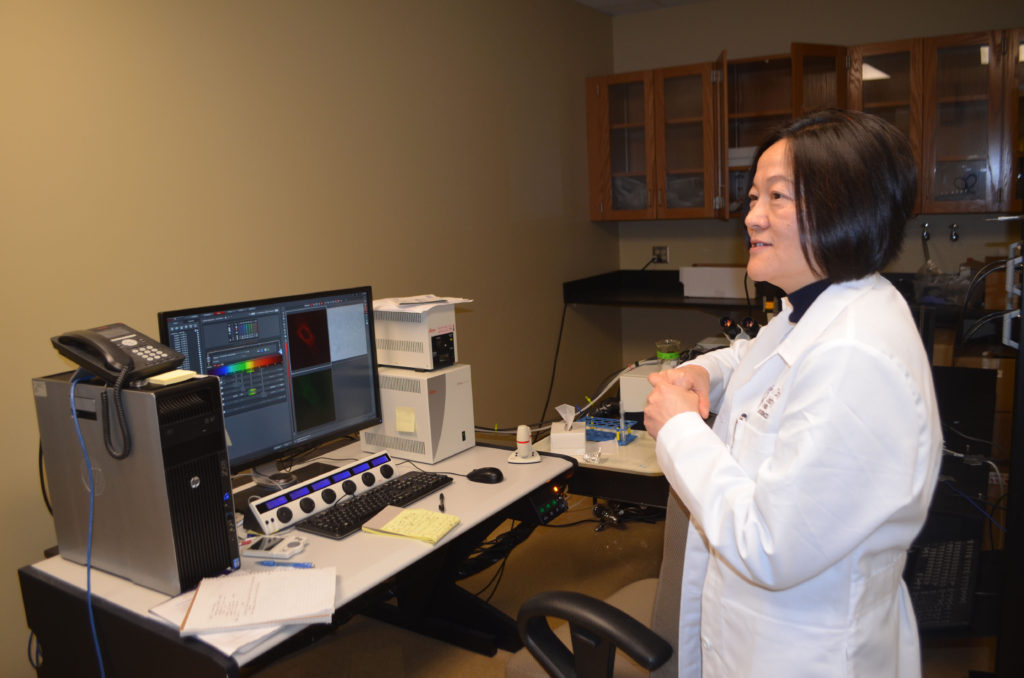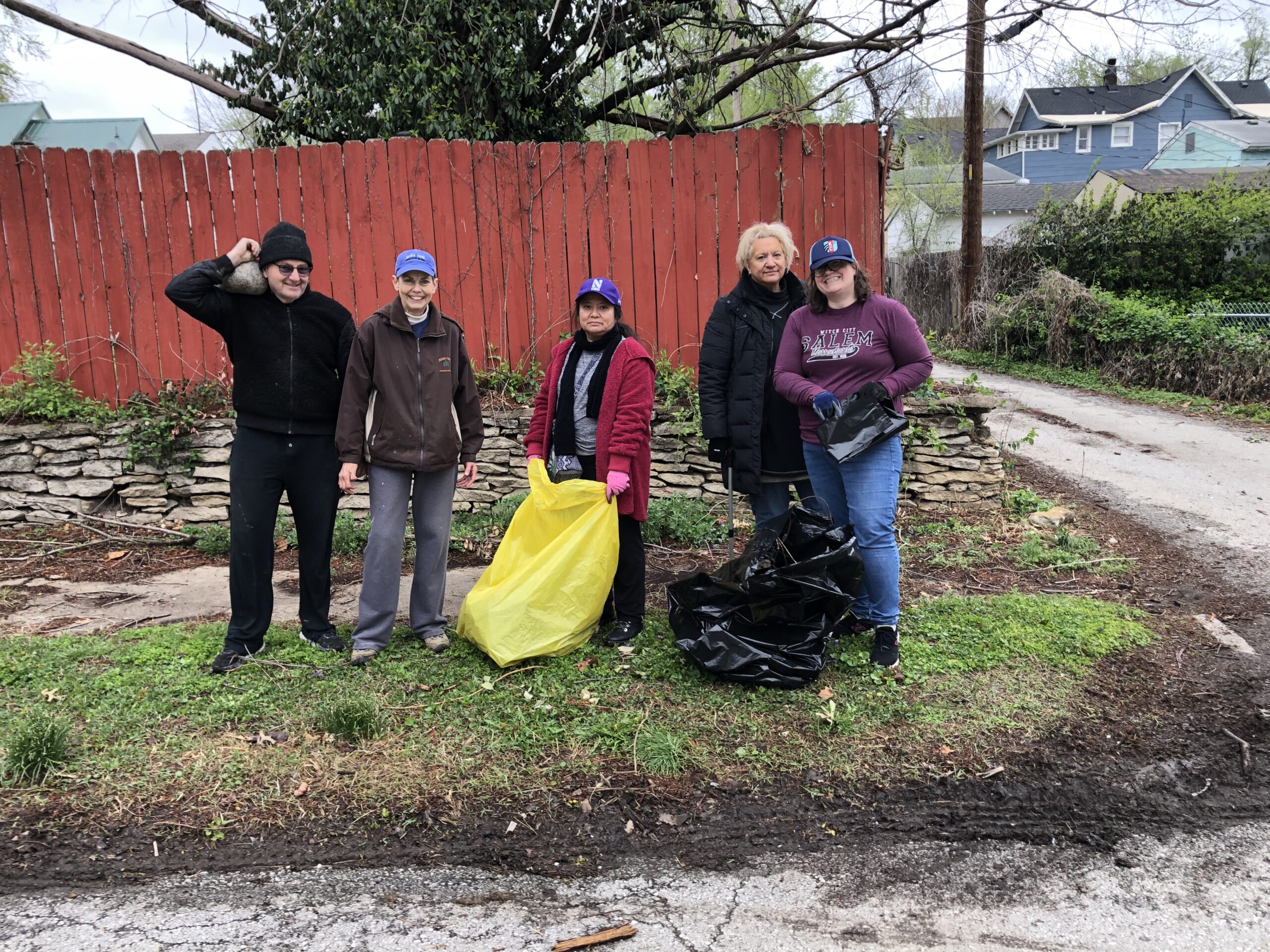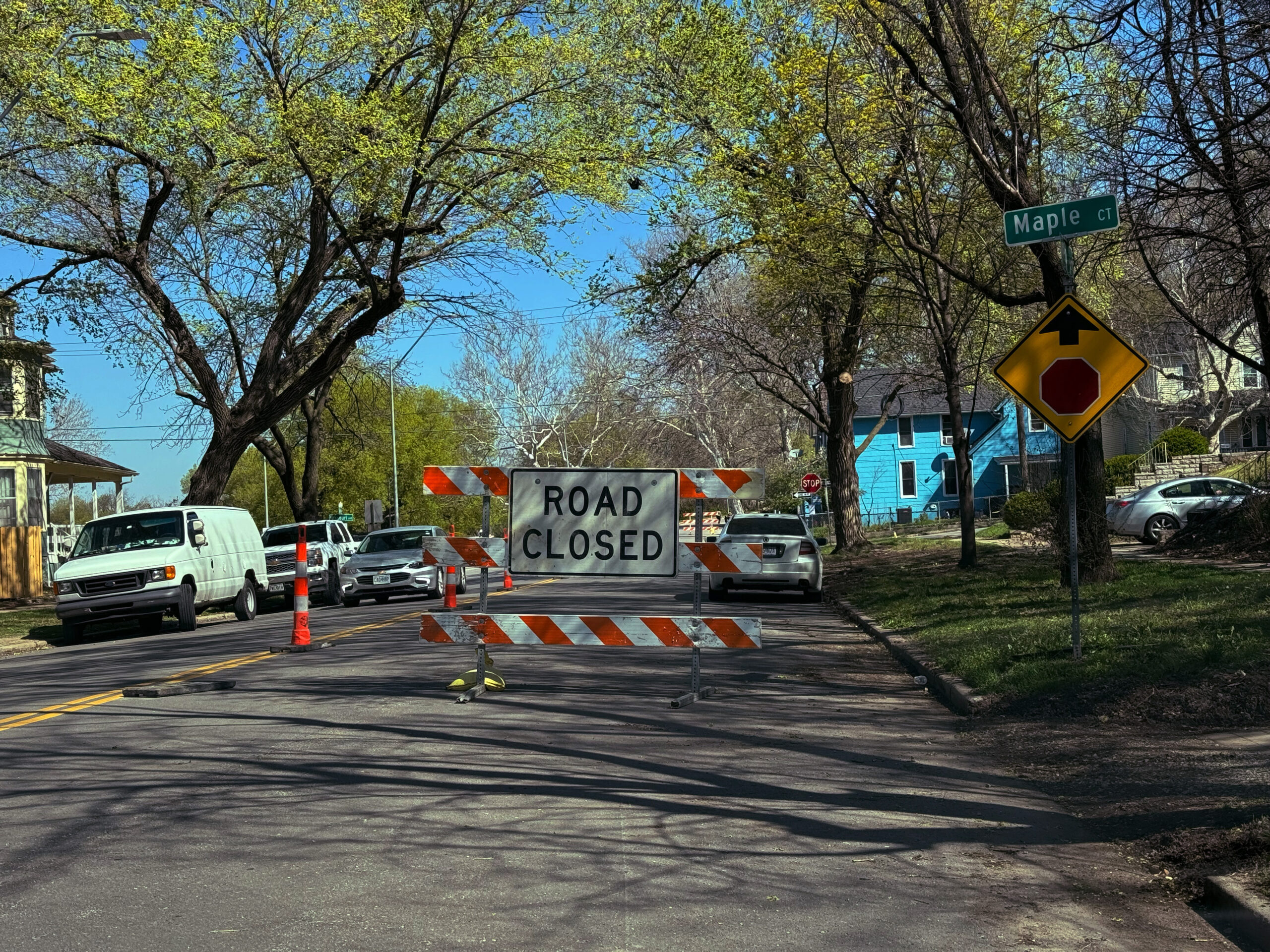
By Paul Thompson
Northeast News
February 15, 2017
KANSAS CITY, Missouri – Dr. Jinsong Zhou’s introduction to Amyotrophic Lateral Sclerosis (ALS) occurred years ago, when she was a medical student at one of China’s top universities. Her mother’s colleague had been diagnosed with the disease, and a visit was arranged. Zhou was shocked by how rapidly ALS had attacked the patient’s body.
“I really had no idea; I had not encountered those patients yet,” said Zhou. “The appearance of her colleague – it really struck me what the ALS patients looked like. There was almost no muscle left; I was scared how fast a person lost their muscle.”
Now a professor at Kansas City University of Medicine and Biosciences, Dr. Zhou, PhD has become nationally recognized in the field of ALS research. Her latest publication on the deadly neuromuscular disease – life expectancy after diagnosis is only three to five years – considers the effect of the disease on organs throughout the body.
“My focus is the cross-talk between multiple organs – how multiple organs evolved in the ALS progression,” said Dr. Zhou. “Not just the neurons, but we also look at the muscle, we look at the bone, and we look at the gut.”
In the gut, Dr. Zhou and her team found their breakthrough. The researchers discovered that mice with ALS live longer when given 2% butyrate – a natural bacterial product – in their drinking water. Essentially, by utilizing the probiotic to combat a bacterial imbalance in the gastrointestinal tract, Zhou and her colleagues may have found a way to prolong the progression of ALS in the body.
The discovery finds its roots with a conversation several years ago between Dr. Zhou and Jun Sun, PhD at the University of Illinois-Chicago. At first the two scientists simply became fast friends. Over time, however, the pair began to see how Dr. Sun’s work in the gastrointestinal field overlapped with Dr. Zhou’s work with ALS.
Roughly one in 370 males are at risk to be diagnosed with ALS, and one in 400 women; but just 10% of ALS cases could be traced back to genetics. Dr. Sun had previously found that strengthening the GI tract could help delay the onset of Parkinson’s and Alzheimer’s. Now in conversations with Dr. Zhou, she wondered if the GI tract could prove to be a battleground for ALS, as well.
“With the 90%, you don’t know the cause,” said Zhou. “If you don’t carry that gene, and you get sick, then the cause must be from the environment. You have to believe that, right?”
The two doctors decided to examine the GI tract of an ALS patient. They found that cracks in the gut barrier could be found even before the neuromuscular symptoms had begun. Immediately, Dr. Zhou recognized that the discovery could be important.
“With my background and my teaching experience, immediately I realized that we should take a look,” said Zhou. “If you don’t have a good GI, they absorb more toxins. The patient will degenerate even faster. If we can strengthen the GI, at least we should help.”
While the majority of ALS research focuses on the neurodegeneration caused by the disease, Dr. Zhou and Dr. Sun started looking at the mitochondria, which Zhou referred to as the “powerhouse of the whole body.” Even if they didn’t know the cause of the disease, the pair figured, they could learn a lot by looking into how the body fought ALS at the cellular level.
“We want to say, ‘Okay, if we find a way some compounds can slow down the mitochondria degeneration, then we probably have a way to slow down the muscle degeneration or the neural degeneration,’” said Dr. Zhou.
Dr. Zhou and Dr. Sun published their first paper on ALS in 2015, and they quickly began reaching out for grant funding to help finance further research. Initial outreach efforts were not successful, but the scientists eventually received an olive branch from the ALS Association in the form of an $80,000 grant. Interestingly enough, Dr. Zhou and Dr. Sun’s research became one of 58 studies supported as a direct result of the millions of dollars raised by the Ice Bucket Challenge viral sensation – which directly benefitted ALS research.
“We really, really appreciate the ALS Association. Without the Ice Bucket Challenge, the ALS Association would not have selected these 58 labs from the entire world. We were still struggling to get the support to push our research in this direction,” said Dr. Zhou. “The ALS Association identified our work and led us to move forward in this direction.”
In finding a way to strengthen the GI tract during the onset of the disease, Dr. Zhou and Dr. Sun believe that they can now target even more resources for their line of ALS research. Though Dr. Zhou acknowledges that her work is still not in the mainstream when it comes to the field, she thinks that the research has raised eyebrows within the scientific community.
“As a scientist, we tend not to overstate any study, especially from our own group. But I would say that the significance of our study is that we opened a new direction to look at the disease and for treatment of the disease,” said Zhou.
Still, Dr. Zhou knows that there is much work still to be done before her research can manifest itself as a treatment for ALS.
“We have to know if this treatment has side effects or has some toxic effect on the animal before you can really move to develop clinical trials,” said Dr. Zhou. “There are a lot of fundamental questions we need to answer first, before we can move forward.”
KCU is happy to have Dr. Zhou continuing her work at the Historic Northeast campus that has housed the medical school for more than a century. In the press release announcing the potential breakthrough, Robert White, PhD, dean of the KCU College of Biosciences praised the work of Dr. Zhou and her colleagues.
“This research represents a significant and innovative approach to understanding and treating ALS,” said White. “Dr. Zhou is a nationally recognized researcher in this field, and we are delighted to have her at KCU.”
As proud as KCU is to have Dr. Zhou on staff, the scientist is equally thankful to the University for supporting her and her team.
“I think I have to say my appreciation to KCU, because KCU brought me here and KCU invested a lot in the research. It’s not just the equipment, but the personnel, and to bring me here,” said Dr. Zhou. “They gave me time and a chance to move forward. If I don’t have KCU to harbor me, harbor my team, I don’t think this research could move forward. I have big appreciation for KCU.”
















